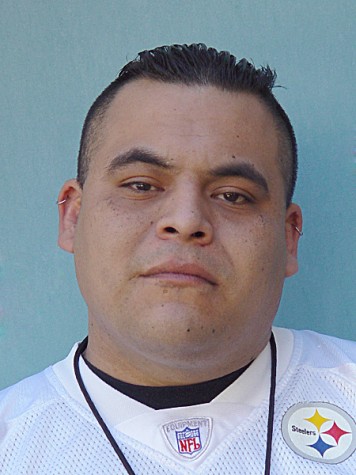Compassion needs to be redefined, when most are struggling to grasp trivial things. Real disasters are occurring, tragic events that will change the lives of the people in Japan for centuries to come. Live life for today, tomorrow is never guaranteed.
Imagine walking down the street in the middle of the afternoon, maybe heading for a lunch break or just dropping off your child at school. The earth starts shaking, earth moves in a 9.0 richter magnitude; you run for cover and brace yourself for five long minutes as the Earth’s axis shifts about 6.5 inches. After the scare, you gather yourself and try to regain composure. Eight minutes later you look up and see a 77-foot wave coming straight at you. But that isn’t the end of the tragedy, it’s just the beginning. The earthquake that caused the tsunami is now the reason behind a nuclear meltdown. This isn’t the start of a Hollywood movie but the tragedy that continues to unfold in Japan.
What would you do, if this happened to you?
“Life is what happens to you, when your busy making other plans,” said John Lennon. When students are angry about gas prices and frustrated with the lack of availability of an iPad. Think of the pain and sadness and fear that has stricken Japan.
The 9.0-magnitude quake and tsunami on March 11 laid waste to Japan’s northeastern coast killing thousands of people and triggering at a nuclear power plant. Tens of thousands of people living near the plant were evacuated. Others further away were told to remain indoors and warned to especially avoid going out in the rain.
Californians get startled from our small earthquakes, but Japan’s aftershocks have been higher than those earthquakes.
Japan’s government said the cost of the natural disasters that devastated Japan’s northeast could reach $309 billion, which would make it the world’s most expensive natural disaster on record.
Even for the third wealthiest country in the world, this is a tab that can’t easily be paid. Making matters worse is the fact that Australia, Singapore, Hong Kong and the U.S. have begun restricting food imports from Japan as elevated radiation levels were found outside the evacuation radius around the damaged Fukushima Dai-Ichi nuclear plant.
This is a tragedy that should be mourned and not taken lightly. Americans seem to be desensitized and treat wars and death like a video game. There is no restart button in life, real problems cannot be overlooked or shrugged off.
If the Japanese government’s projection proves correct, it will top the losses from Hurricane Katrina. The 2005 “megastorm” that ravaged New Orleans and the surrounding region cost to $125 billion according to the Insurance Information Institution.
Nippon Hoso Kyokao a Japan Broadcasting Corporation NHK reported that as of March 22, the official death toll was raised to more than 9,500 with more than 16,000 missing. The final toll is expected to reach nearly omit 20,000.
Searching for family members has been difficult with multiple aftershocks at an average of 6.0 magnitude. Imagine the pain of not knowing if a family member is dead or just missing. It’s enough to turn a reasonable person insane. Amidst the natural disaster and economic burden the real issue is all the lost souls who are missing or dead. Broken homes created by deceased or missing loved ones. Buildings and homes can be replaced, but the pain of losing a loved one is forever engraved in the hearts of all mankind.
Tsunami survivors are continuing to arrive at shelters and rescue centers in northern Japan having fled areas around the Fukushima Danchi nuclear plant. But food and fuel supplies are running out, and as the freezing weather continues to set in, the situation is becoming a lot worse.
According to the BCC, many of the causalities being submitted to the Ishinomaki hospital are no longer tsunami victims but those suffering from hunger and cold.
Children in nurseries and shelters are given bottled water in fear of the radiation, which has already been detected in Tokyo’s tap water 150 miles away. The worst is far from over; the recovery is going to be a true test in merit and spirit of the people of Japan.
Pray to whatever deity you believe in and know that this is a situation far greater than the human mind can comprehend. It will take years and perhaps six full centuries to get Japan back to where it once was.

